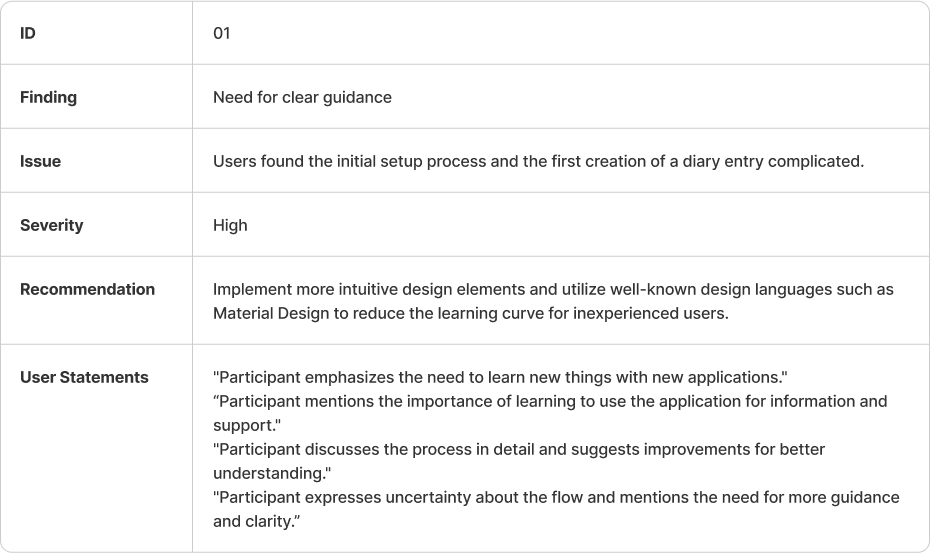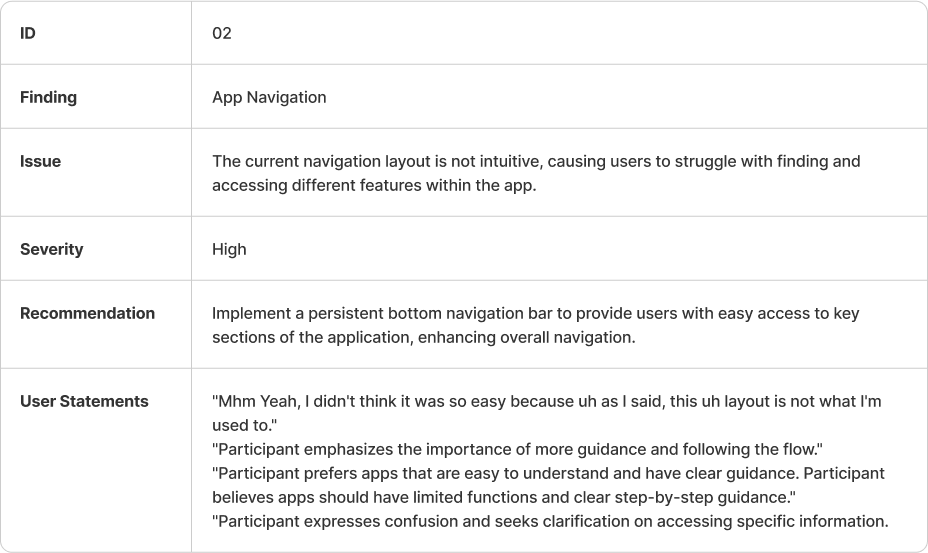As part of the European Horizon 2020 project, we built a secure, user-friendly digital service to boost recruitment and retention of patients aged 70 and over in breast cancer clinical trials. Grounded in UX research tailored to frail older adults, our platform offers simplified, personalised content. I led the UX vision—crafting the visual identity, rigorously evaluating design iterations, and integrating an AI-driven recommendation engine to surface trial information tailored to each user’s unique needs.
On the technical side, I oversaw the full-stack implementation: defining the software architecture, leading development efforts, and coordinating the team. I managed the frontend with React Native and was also responsible for the backend using Spring Boot, where I implemented the AI-based recommender system. This included developing the recommendation logic with an Azure backend and Azure AI Foundry, carrying out prompt engineering, and integrating the service seamlessly into the application. Given the sensitivity of patient data, we ensured a secure-by-design system, incorporating strong authentication protocols and end-to-end encryption to meet the strictest privacy and data protection standards.
This project, part of the European Horizon 2020 initiative, aimed to compare the effects of a lower initial dose of CDK 4/6 inhibitors plus endocrine therapy against the standard dose in frail older breast cancer patients (70+ years). My role focused on creating a digital service to support optimized recruitment and retention of older patients, working closely with key stakeholders, including doctors, nurses, and caregivers.
Our design process was rooted in UX research, specifically tailored to address the challenges of designing for older adults with varied mental, motor, and cognitive abilities. During moderated usability testing with cancer patients, one of my key findings was that pagination, rather than scrolling, improved usability significantly. This approach, which mimicked familiar “page-turning” actions, leveraged physical affordances and made navigation more intuitive for our target group, reducing cognitive load and enhancing accessibility.
In addition to leading the UX concept, I served as the Technical Lead, implementing the frontend in React Native. My responsibilities included developing the software architecture, from planning to execution and evaluation. I also managed the developer team, aligning our technical approach with our user-centered design goals. This project demonstrates how accessible digital design, driven by specific user insights, can support patient engagement and retention in clinical trials for older adults.


